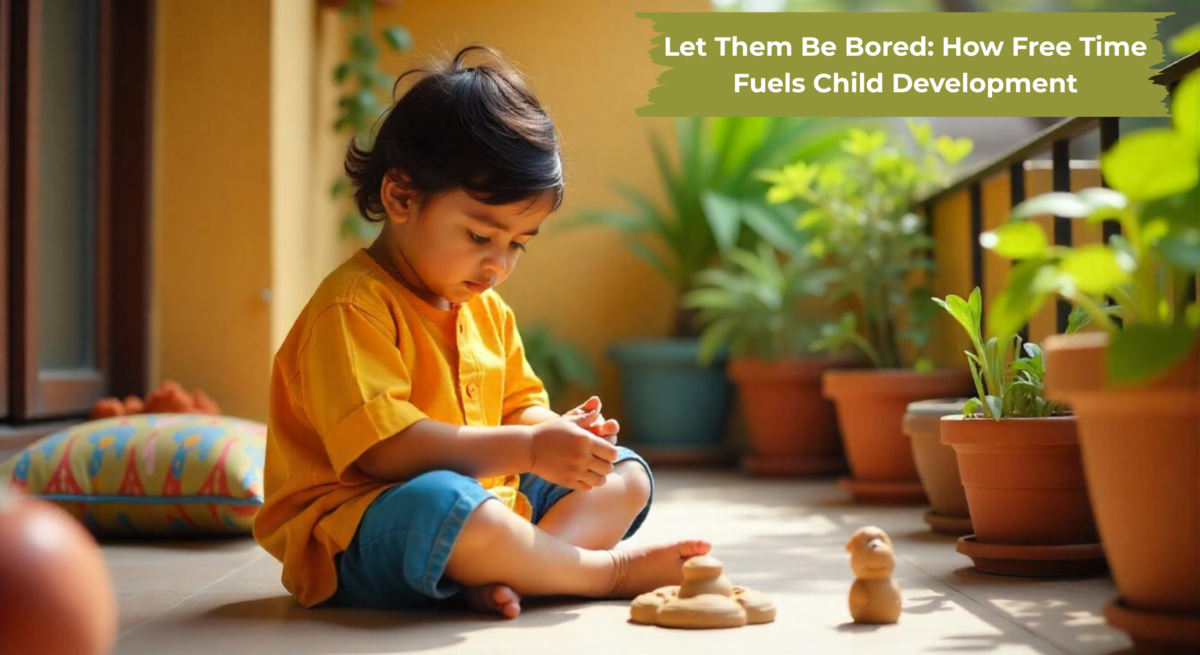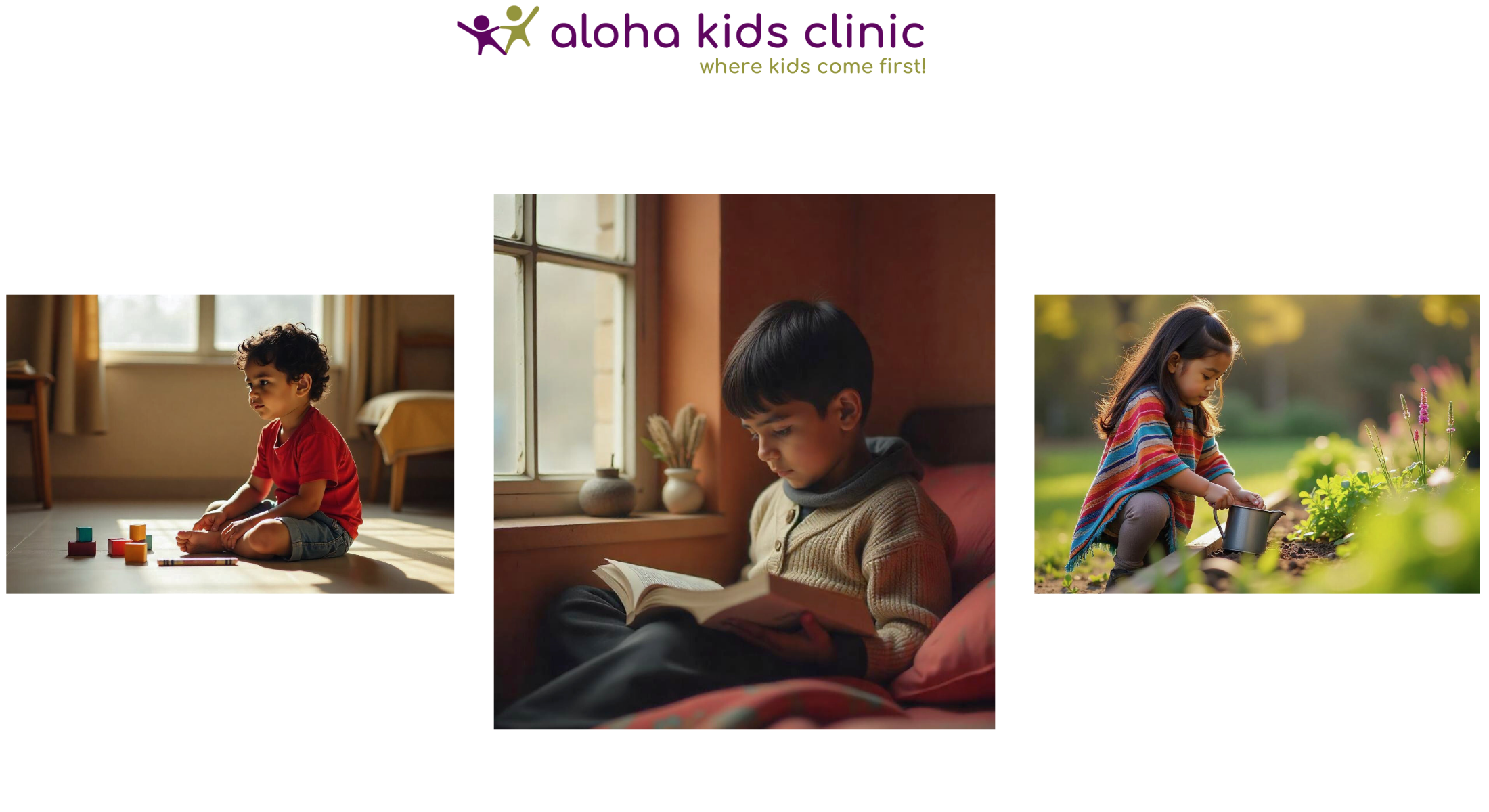Let Them Be Bored: How Free Time Fuels Child Development

In today’s busy world, kids have lots of technology and entertainment all the time. Although this is fun, it can keep them from learning how to handle being bored. Helping children get comfortable with boredom teaches them to enjoy quiet moments, be creative, and find ways to entertain themselves. In this blog, we’ll talk about why it’s important for building boredom tolerance among kids and share simple tips to help them develop this helpful skill.
Understanding boredom: What is it and why does it matter?
Boredom tolerance means being able to handle quiet or less exciting moments. It’s an important skill that helps kids become more creative, solve problems, stay motivated, and manage their emotions. When children learn to sit with boredom, they often start to explore, imagine, and find what they really enjoy. Instead of always trying to keep them entertained, we can see boredom as a good thing—and a chance to grow.
If kids are constantly entertained, they don’t get the opportunity to learn how to use their time wisely or think independently. Boredom gives them space to reflect and ask, “What do I want to do?”
Research shows that free, unstructured time can boost creativity. When kids are bored, their brains enter a state that supports imagination, memory, and planning. That’s when they often start building, creating, or simply daydreaming. Allowing boredom supports child development and helps kids learn important life skills.
Signs your child needs to build boredom tolerance
- They jump quickly from one activity to another without feeling satisfied.
- They depend a lot on devices or planned entertainment.
- They get irritable or anxious when there’s nothing going on.
If any of these sound familiar, your child may benefit from practicing boredom tolerance.

Why boredom is good for your child
Resist the Urge to Rescue- Don’t rush to help when your child says, “I’m bored.” Instead, let them know it’s okay by saying, “That’s fine. Sometimes boredom helps us come up with great ideas.” Give them some time and space to figure it out themselves.
Limit Screen Time-Digital entertainment is made to keep kids busy, but too much of it can make it hard for them to enjoy quiet time or free play. Setting limits on screen use and having screen-free time each day is good for their mental health and helps them get better at handling boredom.
Include Free Time-Make sure your child has time each day with nothing planned. This free time helps them be creative and learn to do things on their own. Let them play, relax, or explore without a set schedule.
Show How to Handle Boredom-Let your child see that it’s okay to have quiet, unplanned time. You can read, draw, or just relax without a goal, and share how it feels.
Support Independent Play-Keep your home filled with open-ended items like art supplies, blocks, books, and dress-up clothes. These things spark creativity and encourage kids to explore on their own.
Boredom isn’t something bad—it’s a chance for creativity, strength, and learning. When parents step back, kids can explore and learn more about themselves. Teaching kids to handle boredom isn’t about doing less for them—it’s about giving them space to grow.
